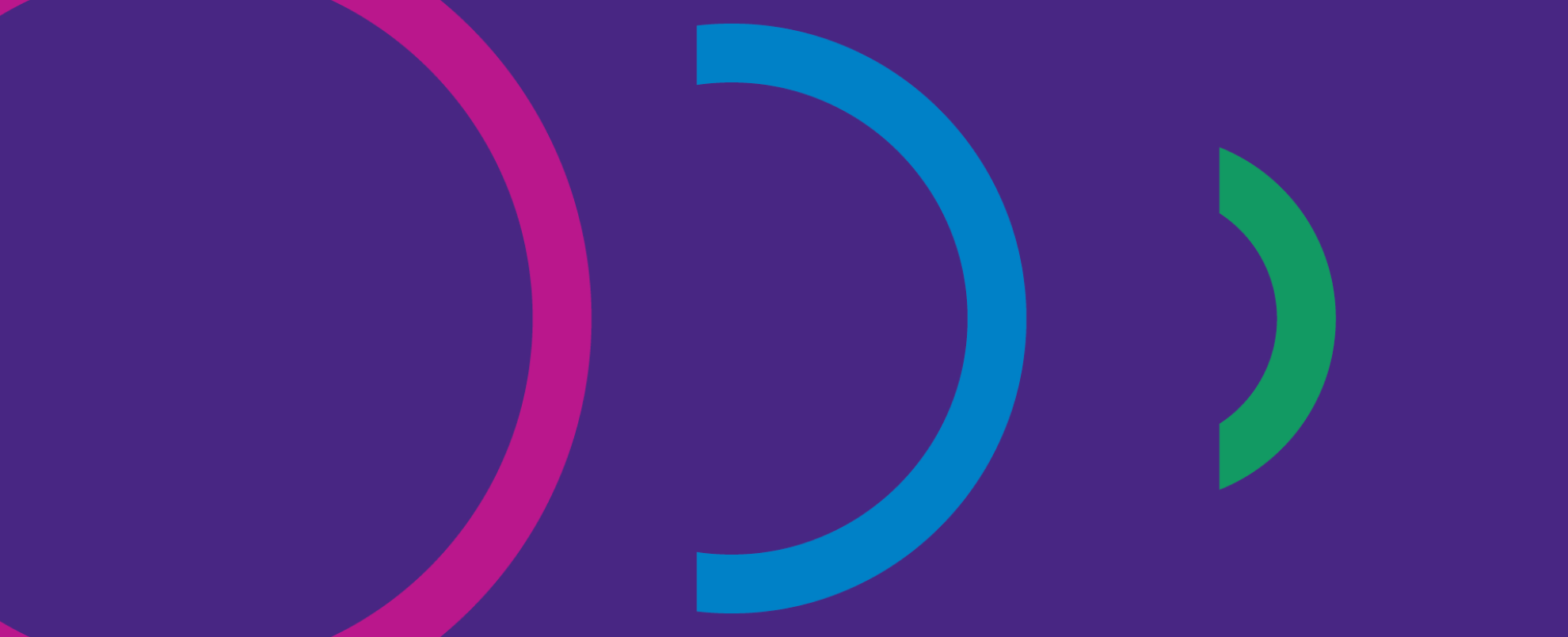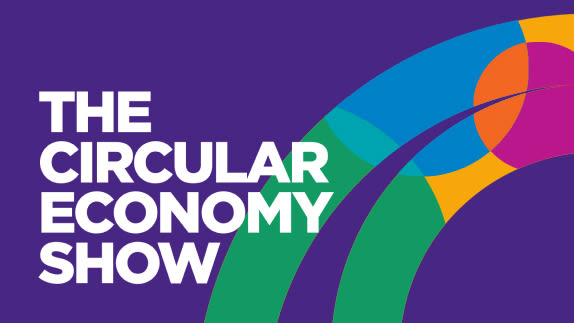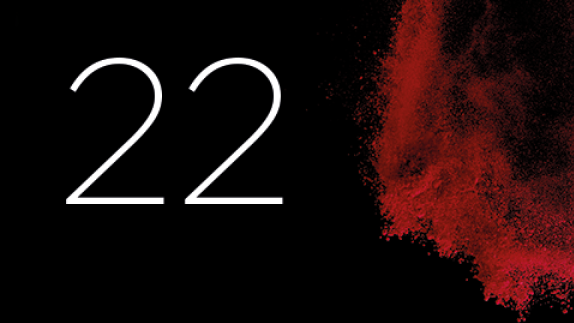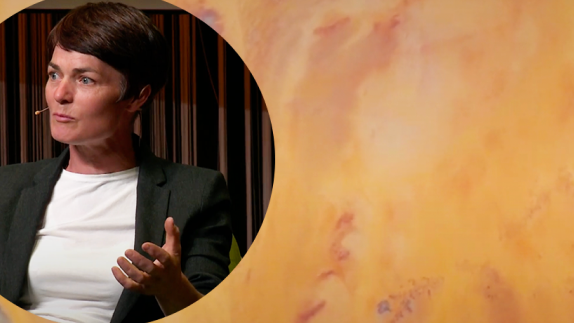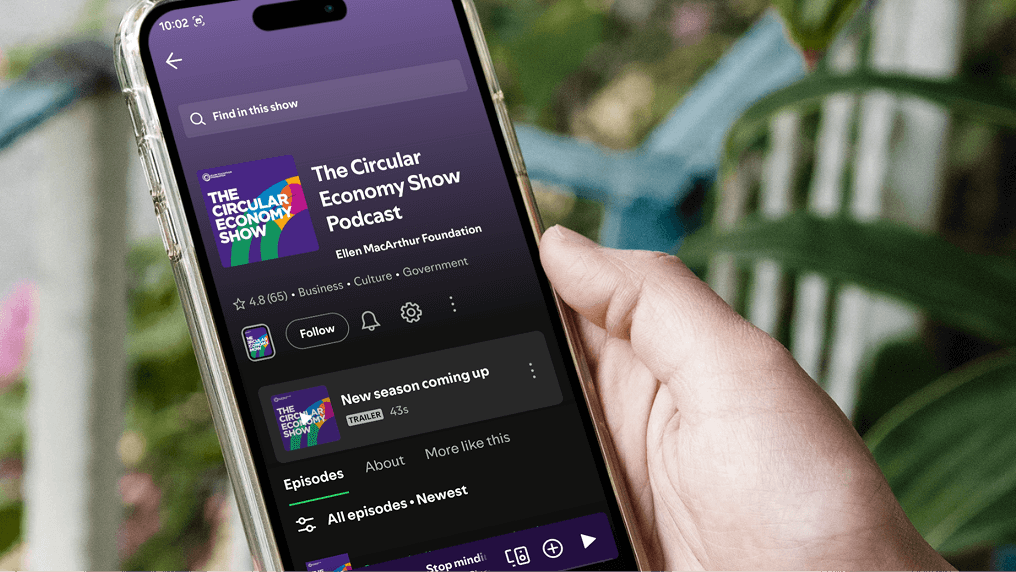What dynamics prevent us from moving from a linear to a circular economy? In this episode, Kate Raworth, author of the book Doughnut Economics, shares with us an inspiring reflection on how we need to collectively rethink our economy to ensure that no one falls short of life's essentials without overshooting the boundaries of our environment.
Listen on Spotify, Apple Podcasts, or wherever you get your podcasts
Useful links:
Transcript
Finley Phillips 0:02
Welcome to the Circular Economy Show podcast, published by the Ellen MacArthur Foundation, and welcome to our latest series on the podcast. My name is Finn. I'm part of the team here at the Foundation, and I'll be your host for this series. We hope that over the next few weeks, these episodes can provide you with digestible inspiration and insight on the critical topic of regeneratives. We'll be bring you bite sized insights from the experts on the topic and its importance to the idea of a circular economy. In our first episode, we hear from Kate Raworth, author of the book, Donut economics. Kate argues that we need to rethink our economics to ensure that no one falls short of life's essentials without overshooting the boundaries of our environment. What does she mean by that? Let's take a listen.
Kate Raworth 0:51
So this is a double whammy of a challenge. And I say this is humanity's collective selfie. This is the portrait of us now in our relation to the rest of the living world. And the question is, what do we next do? "What did you do once that you knew?" I believe our grandchildren will ask us again and again. And then, and then what did you do? And how did you change? And it's our moment, this is a decade and we know it, this is the time that we decide, do we turn this story around? Or do we just exacerbate it in all its angles? So, the world we have... And I am intentionally, honestly putting them far apart, because we know this is a long way. So how are we going to get from here to there? I'm going to talk briefly about two big dynamics that I believe we need to transform. We have inherited a linear industrial economy. We know this, we take out some materials, we stick them in the pipe of production, we make them into something, we use it often only once, and then we throw it away. And this take-make, use-lose is what pushes us over planetary boundaries and runs down the life support systems of our planetary home. And if we're going to change that, we need to come all the way over here and bend this into a circle so that resources are used again, and again, just like nature always knew how. We use them more carefully, collectively, creatively and slowly, so that we begin to belong. So that we've gone from degenerative to regenerative, that, to me is the first dynamic. There's another big one. Because we've also inherited economic systems that tend to be divisive by design, and they capture value and opportunity in the hands of a few. Whether through infrastructure of access and exclusion, whether through regulation, through privilege and inheritance. We've seen the rise of a global 1%. We've seen COVID supercharged that. With value and opportunity caught at the hands of a few, there is absolutely no way that we will meet the needs of all people. We will leave most people in deprivation while a few supercharge overshoot with their luxury emissions. So we have to transform this divisive world into a distributive one where value and opportunity are shared with all who co-created. And that turns out to be the whole of society. How do we create housing and transport systems and food systems and jobs and businesses and cities and digital systems that share value and opportunity with us all in a distributed way. Of course we have the brilliant opportunity of renewable energy is asking to be distributed by design for the first time. Communications a distributed network, Fab Labs distributed, open source, Creative Commons licencing distributed technologies are actually on our side if we choose to use them the right way and make them distributive, by design. So, from degenerative to regenerative from divisive to distributive, easy to say. Utterly, utterly transformative to do. I've talked for the last 10 years, I first drew the "Donut" in 2012. And over the last 10 years to many companies, and it's Donuts Action Lab, my colleagues Culatta Eleonora here, we talk with companies. And I'm so struck by the different response that companies have had when I've shown them the Donut. And to put it simply, we know there's been a history of companies who say, Well, that's a sad story, but the business is businesses is business. How much can we get away with? I mean, what we're doing is nearly legal, and will maybe change when the cost of the fines exceeds the benefits of what the way we've found to work. Let's leave it behind. We can move here and say okay, so how much do we have to do? Can we take all the bad things that we do and like, reduce it? Can we be really less bad? Can we be even 100% less bad? Net Zero, zero human rights abuses, zero child labour in our supply chain, zero carbon emissions. Yes, we did zero! Look, that would be utterly transformational because we've never done business like this before. But to quote Bill McDonough: "Why be 100% less bad? When you can break through the lovely glass ceiling of your imagination and do good". Nature doesn't do zero. We just heard with bells on, we just heard, nature does not do zero. Nature says: So how much can I possibly give back? What else can we do?
Finley Phillips 5:53
Thank you for listening to this episode of the podcast. If you enjoyed it, then please do subscribe to the Circular Economy Show podcast wherever you listen to your podcast. We'll speak to you next time.
